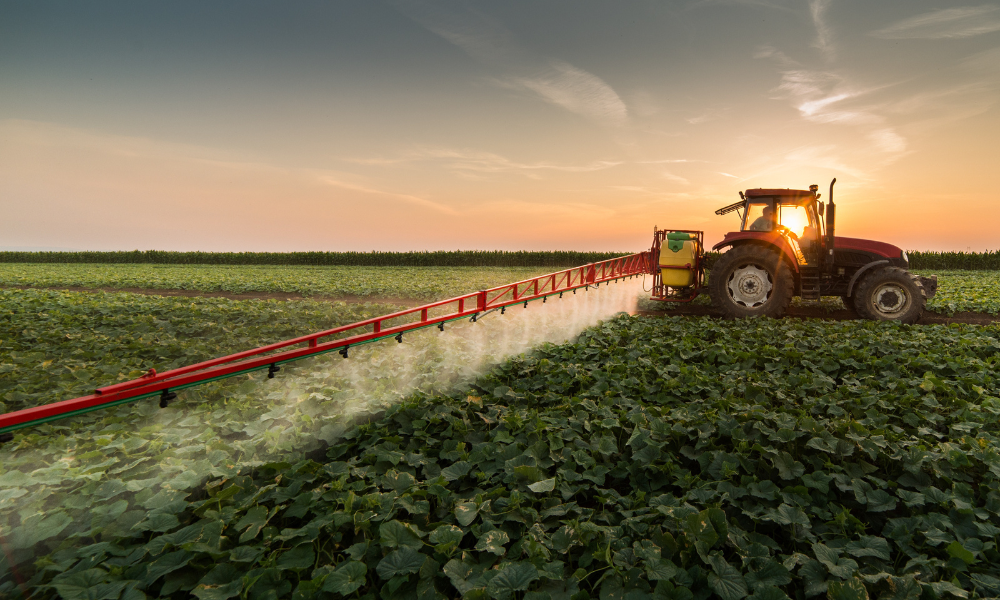
Equipment owner alleges farm company is liable for accident caused by rotten bridge

The Ontario Superior Court of Justice dismissed a plaintiff’s claim for insurance payouts arising from damaged farm equipment upon finding that the defendant did not breach the standard of care under s. 3(1) of Ontario’s Occupiers’ Liability Act, 1990.
The case of T.C.O. Agromart Ltd. v. Sutton Farms (Nacona) Ltd., 2025 ONSC 1996, involved an incident in June 2017. An employee of the plaintiff was driving a crop sprayer over a private bridge on the defendant’s land. He was spraying fields with pesticides when the bridge broke beneath one of the tires.
The sprayer rolled off the bridge and fell into the Napanee River. Water rushed in and trapped the employee in the sprayer’s cab. He could not open the door but could breathe due to some air at the top of the cab. He eventually escaped and reached the shore. At the hospital, he received stitches to his fingers as he had cut his hands on broken glass.
The plaintiff made an insurance claim for damages to the sprayer. The plaintiff’s insurance company, Co-Operators General Insurance Company, paid $331,559.49 for repairs. The plaintiff used the money to buy a new sprayer.
The insurer initiated litigation in the plaintiff’s name based on subrogation rights under the insurance policy. It wanted to recover $331,559.49 in settlement funds from the defendant and $84,803.50 in uninsured losses. The plaintiff alleged that the defendant was liable for its losses since it negligently failed to address the following problems with the bridge:
The defendant’s insurance company, Bay of Quinte Mutual Insurance Company, responded to the plaintiff’s claim in the defendant’s name. The defendant denied liability.
The Superior Court of Justice of Ontario dismissed the claim of the plaintiff upon finding that it failed to prove the defendant caused the accident. The court ruled instead that the employee’s steering of the sprayer across the overhang was the accident’s cause.
The court held that the evidence supported that the bridge’s design, maintenance, or upkeep did not factually or legally cause the accident. The court explained that the presence of rot, lack of signage, or shifting of the wooden deck did not make the sprayer break through the overhang.
The court said it was not reasonably foreseeable that the employee would drive over the overhang, which could not support the sprayer’s weight. The court found that the sprayer would not have broken the overhang and landed in the river if the employee kept the tires over the steel beams while driving.
However, the court commended the employee for his quick thinking, physical agility, and courage, all of which helped him escape from the submerged sprayer, save his own life, and eventually testify about the traumatic event at a trial.
The court chose to address the issue of damages despite the failure of the plaintiff’s claim. The court deemed it appropriate in the circumstances to deduct $242,217.44 in depreciation costs from the value of the replacement sprayer.
The court ultimately decided that, in the event of a finding of liability, it would award $423,016.15 in total damages, consisting of: